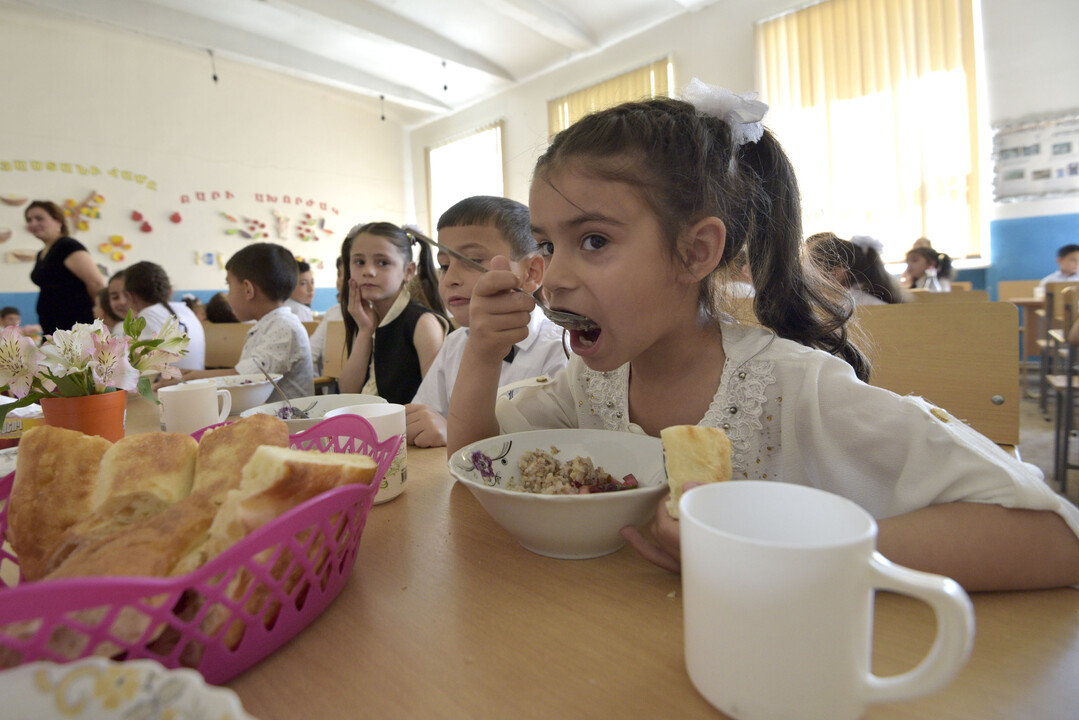
Poverty reduction data in Paraguay indicates that the expansion of the "Zero Hunger School Feeding Program" has significantly impacted child poverty reduction through in-kind support, namely school meals. However, if this program were linked to food production and processing, it could generate even greater effects, such as increased labor income for family farming and small and medium-sized enterprises (SMEs), and the mitigation of inflation, thus benefiting not only children attending school but the entire population. The government should integrate this program with other policies to maximize these positive effects.
International recommendations suggest that such in-kind transfers should be included in poverty rate calculations using specific methodologies. As the coverage of existing programs expands, the previously statistically insignificant impact has been amplified. Furthermore, it should be considered that poverty in Paraguay is concentrated among children, and poor households often have multiple children, which means that public intervention can have a significant statistical impact.
The experience of similar programs in Brazil offers important lessons for enhancing positive effects. In Brazil, school feeding programs have contributed not only to poverty reduction but also to mitigating inequality, contributing to food security, and generating labor income.
Paraguay faces significant challenges. It ranks 70th out of 113 countries in the Global Food Security Index (GFSI), placing it slightly better than Nicaragua, Venezuela, and Haiti in the Americas. This index comprehensively assesses the affordability, availability, quality and safety, and sustainability and adaptation of food. According to other food security indicators, the prevalence of moderate or severe food insecurity has surged in the last decade, from 8.2% to 26.2% of the total population.
Domestic data reveals that food inflation, including fruits and vegetables, has outpaced overall inflation averages in the last two years, and these items constitute the largest share of the consumption basket for low-income households.
Regardless of the indicator considered – inflation, food insecurity, malnutrition, or labor income – Paraguay's outlook is not bright. Therefore, the financial input derived from the school feeding program has the potential to positively impact all these issues if public procurement prioritizes small farmers and SMEs.
These two sectors belong to the groups most affected by poverty, low labor income, and inflation. However, at the same time, they play a crucial role in generating most of the paid labor and supplying inputs to other sectors of the economy. Prioritizing these sectors, not just meeting the minimum quotas stipulated by law, would also contribute to reducing pressure on food imports, thereby stabilizing the exchange rate and mitigating inflation.
The proper implementation of the school feeding program can positively impact the reduction of monetary poverty and the improvement of children's nutrition. However, these benefits could be offset by the negative impact of increased food prices on the demand side. On the other hand, support for domestic food production would maximize the program's effectiveness.
The school feeding program holds significant long-term potential and benefits. Along with quality education and health, adequate nutrition is a fundamental pillar for guaranteeing children's rights, accumulating human capital, and achieving sustainable growth. In a context of stagnant labor income for over a decade, the school feeding program would also contribute to easing inflationary pressures and generating income in food production-related sectors.
While there are many challenges to overcome, there are also many opportunities to enhance the benefits. Authorities should more actively leverage the diverse benefits offered by school feeding.
[Copyright (c) Global Economic Times. All Rights Reserved.]



























